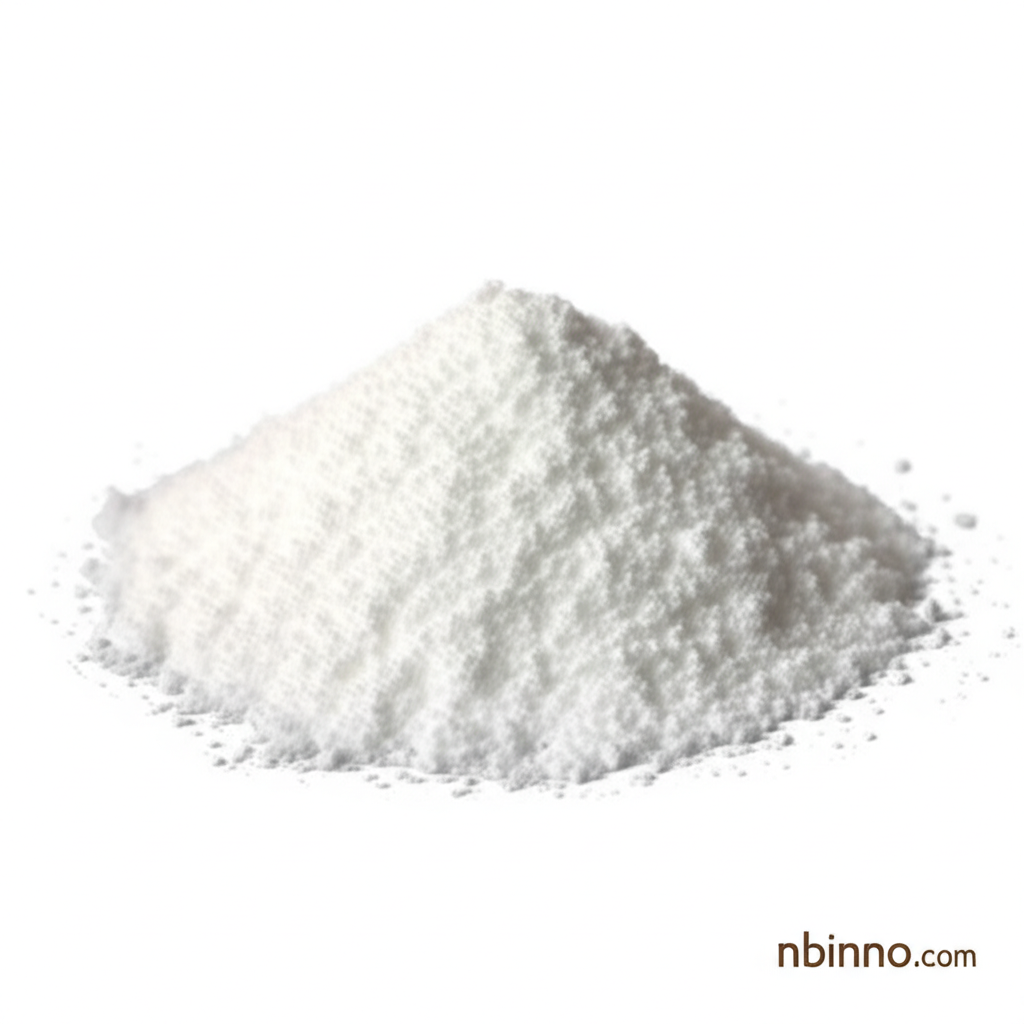Ivabradine Hydrochloride: A Breakthrough in Cardiovascular Treatment
Discover the precise mechanism and broad therapeutic applications of Ivabradine Hydrochloride for managing heart conditions.
Get a Quote & SampleProduct Core Value

Ivabradine Hydrochloride
Ivabradine Hydrochloride is a specialized pharmaceutical intermediate designed for the targeted treatment of cardiovascular conditions, particularly chronic stable angina pectoris and heart failure with reduced ejection fraction (HFrEF). Its unique mechanism of action focuses on selectively inhibiting the If (funny) channels within the sinoatrial node of the heart. This targeted inhibition effectively slows the heart rate by reducing the slope of diastolic depolarization, thereby decreasing myocardial oxygen demand and enhancing cardiac efficiency. A key advantage is its ability to achieve these benefits without adversely affecting myocardial contractility or blood pressure, making it a valuable therapeutic option, especially for patients who cannot tolerate or are contraindicated for beta-blockers.
- Leverage the specific mechanism of action of Ivabradine Hydrochloride to manage chronic heart failure and improve cardiovascular outcomes.
- Understand the key ivabradine hydrochloride uses in angina and its efficacy compared to other treatments.
- Explore detailed ivabradine hydrochloride clinical trials that demonstrate its effectiveness in reducing angina episodes and improving exercise tolerance.
- Learn about the optimal ivabradine hydrochloride dosage and administration for maximizing therapeutic benefits in patients with stable angina.
Advantages Delivered
Targeted Heart Rate Reduction
The selective inhibition of If channels by Ivabradine Hydrochloride provides a precise method for lowering resting and exercise heart rates, crucial for managing angina. This targeted approach is a significant advancement in cardiovascular health management.
Preserved Cardiac Function
Unlike some other heart rate-lowering medications, Ivabradine Hydrochloride does not negatively impact myocardial contractility. This allows patients to benefit from heart rate control while maintaining robust cardiac output, supported by extensive ivabradine hydrochloride pharmaceutical grade data.
Improved Patient Outcomes
Clinical evidence, including meta-analyses, shows that Ivabradine Hydrochloride significantly improves exercise duration and time to angina onset. Understanding the ivabradine hydrochloride side effects profiles alongside these benefits is key for comprehensive patient care.
Key Applications
Chronic Stable Angina Pectoris
This is a primary indication for Ivabradine Hydrochloride, where it helps alleviate chest pain by reducing the heart's oxygen demand. Patients often seek information on ivabradine hydrochloride vs beta blockers for their treatment.
Heart Failure with Reduced Ejection Fraction (HFrEF)
Ivabradine Hydrochloride is recommended for patients with symptomatic chronic heart failure and a heart rate of 70 bpm or higher, contributing to improved cardiac efficiency.
Sinus Tachycardia Management
Its ability to regulate heart rate makes it beneficial in managing conditions characterized by abnormally fast heart rhythms, addressing issues related to autonomic nervous system dysfunction.
Post-Myocardial Infarction Care
In cases of cardiac dysfunction following a heart attack, Ivabradine Hydrochloride aids in managing heart rate and reducing myocardial oxygen consumption, supporting recovery.
